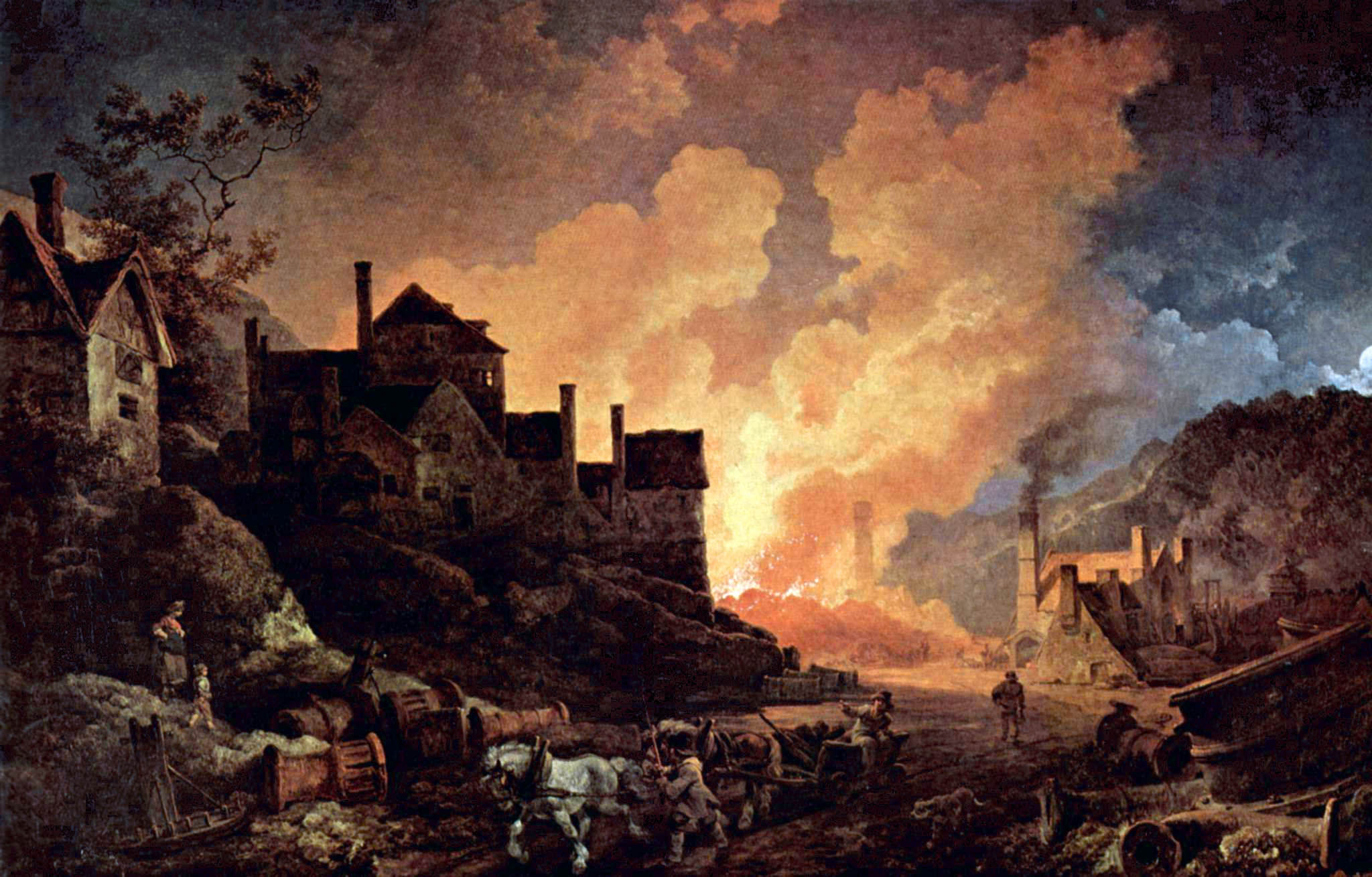“The Industrial Revolution and its consequences,” reads the opening lines of “Unabomber” Ted Kaczynski’s notorious manifesto, “have been a disaster for the human race.” Kaczynski, who recently died in prison, blamed that period of history not just for “severe damage to the natural world,” but for destabilizing society, making life unfulfilling and inflicting indignity and psychological suffering on humankind.
Perhaps not entirely in fairness, I fancy I detect a similar tone in Peter Bach’s recent “Letter from London” in CounterPunch. UK prime minister Rishi Sunak, Bach tells us, “genuinely reckons AI and its associated technology is capable of leading this country to an economic transformation that could ‘surpass the Industrial Revolution in speed and breadth.’ Bach finds it “difficult to be entirely enthusiastic about what in essence is a constant identification of AI as first and foremost a money-making machine.”
Personally, I’m a fan of the Industrial Revolution.
That revolution was far from flawless or harmless. For example, in England it was initially powered by the “Enclosure Movement,” which dispossessed farmers of their in-common land holdings, forcing them into the cities and to factory employment, while in America, Eli Whitney’s “gin” processed cotton so quickly that plantation owners turned to large-scale slave labor to feed it.
On the other hand, I’m the grandson of a sharecropper who got his own dirt farm during the Great Depression, his first tractor and his first truck well into his career … and his first indoor toilet in the 1970s, a celebrated event in my family.
I’m unsurprised that my mother, who was born in a log cabin and hauled the household’s water half a mile from the nearest stream until the family could afford a well, married a mechanically inclined 8th-grade dropout who moved the two of them to the city and went into factory work (as two of their three sons, including me, later did also).
Monetary profit motive was the EFFICIENT cause of the Industrial Revolution, but its FINAL cause was making lives better. The profit (at least when political games weren’t afoot, as they often were) lay in offering consumers cheaper, higher-quality, and more plentiful food, clothing, etc.
One offsetting factor for any perceived indignity, psychological suffering, or lack of fulfillment is that we each have more time to search for solutions to those problems. At the beginning of the Industrial Revolution, average life expectancy was about 35 years. Now it’s about 80 years.
While exploding population and its attendant demand created by the Industrial Revolution did indeed inflict damage on the natural world — deforestation, air pollution from burning wood and fossil fuels, etc. — continued industrial advances already point us toward ways of halting and undoing that damage, and our rapidly evolving AIs will no doubt have suggestions to offer on that front.
I can appreciate the down sides of the Industrial Revolution, but also realize that my life is better than that of a medieval peasant who owns one shirt and mostly drinks weak beer because the water is full of disease.
Thomas L. Knapp (Twitter:@thomaslknapp) is director and senior news analyst at the William Lloyd Garrison Center for Libertarian Advocacy Journalism (thegarrisoncenter.org). He lives and works in north central Florida.
PUBLICATION/CITATION HISTORY



